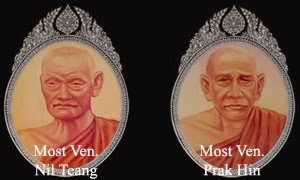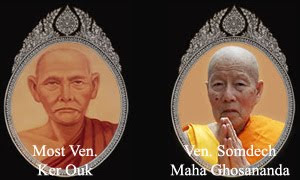In order to have a harmonious relationship among the members of society, each member should practice certain principles regarding the services that are to be rendered to others. Buddhism has introduced the ‘principle of service’ (Sangaha-vatthu) aiming at rendering service to others.
Observance of the principle of service will bring about unity among the members of the society, which in turn proves beneficial to the country as a whole. The ‘principle of service’ consists of four virtues. They are,
1. Dāna (giving)
2. Piyavaca (amicable speech)
3. Atthacariya (helpful action)
4. Samānattata (participation)
The above four virtues can be further explained thus:
1. Dana (giving): Dana is being kind, generous, helping, and sacrificing. Providing assistance with the four necessities is Dana. Helping others by giving money or other material needs come under this virtue.
Dana is not limited to giving material necessities but imparting knowledge is also Dana. Knowledge is not perishable and is passed from generation to generation and therefore an excellent Dana that one can give.
2. Piyavaca (amicable speech): Piyavaca is speaking polite words and words that are pleasant to the ears. One’s speech should always be based on reason and conducive to goodness. One should always speak in an encouraging and sympathetic manner.
3. Atthacariya (helpful action): Atthacariya is rendering physical service. This includes the efforts to aid others in their activities and in harmony, mutual love, respect and service among his fellow beings. Also activities that aim at the progress of society. Providing a helping hand to resolve problems and promote morality will certainly help the development of society.
4. Samanattata (participation): Samanattata is putting oneself in communion with others. One should behave in a consistent and impartial manner and behave equitably towards everyone.
One should always be careful not to take others for granted. It is good to take part in others’ happiness and sorrows and sort out problems in society and find solutions for them.





0 comments:
Post a Comment